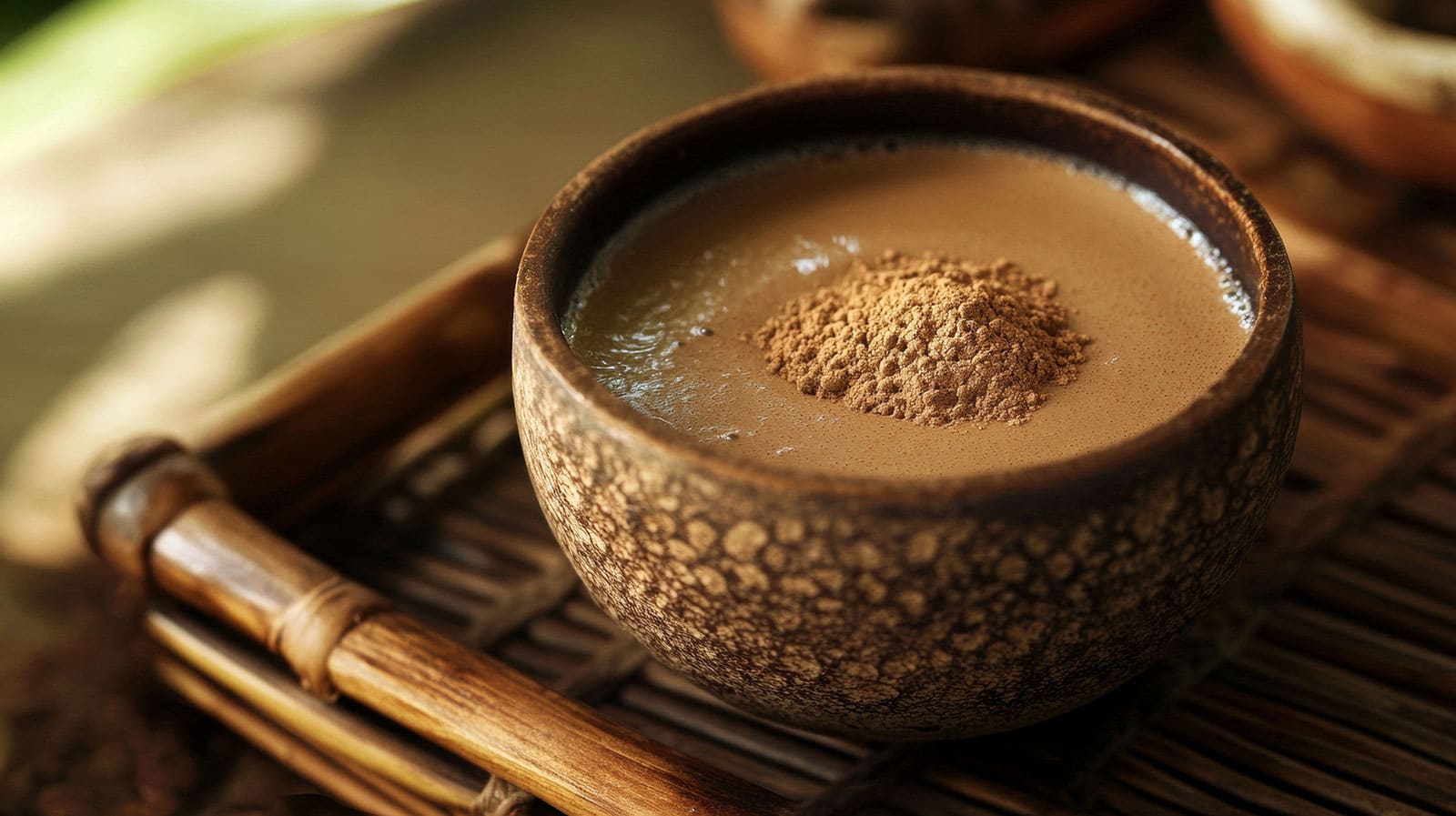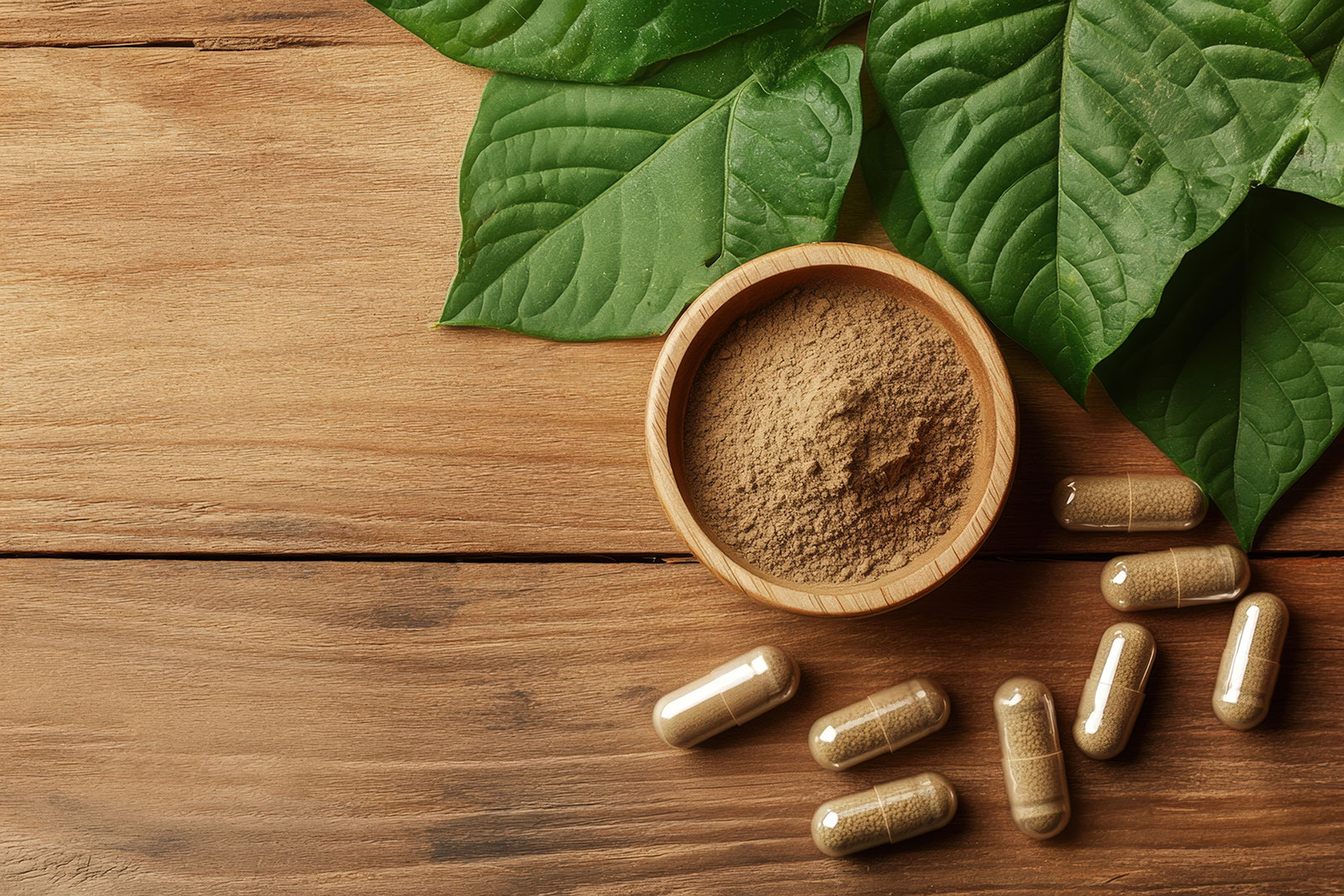Kava is a drug that is derived from the stump or root of the plant Piper methysticum, otherwise known as the kava plant. The plant is native to the South Pacific, and it has been used in traditional ceremonies for thousands of years. Kava is typically crushed and dissolved into water to be used in tea, although it can also be taken as a supplement or extract.
Kava has sedative effects, meaning it can relax the body and mind, but it is not classified as a central nervous system depressant like alcohol or benzodiazepines. Its effects are more focused on calming rather than inhibiting brain activity overall. It is commonly used to reduce stress and anxiety, but people also take it to alter their consciousness within the context of religious and cultural ceremonies such as weddings, funerals, and naming ceremonies in rural South Pacific regions.
Kava enters the bloodstream quickly, and it usually takes about two hours for the drug to reach its peak effect. It is said to stay in one’s system for 24 hours after its initial ingestion, but that timeframe is dependent upon numerous factors such as the dosage taken and the strength of the drug itself. Detecting kava in a person’s system can also be tricky, even with modern testing techniques, so it may be difficult to know how long kava will be detected in one’s system.
tl;dr – Kava typically stays in your system for about 24 hours, but its effects last 2 to 4 hours. Factors like dosage, metabolism, and body weight can influence how long kava’s active compounds (kavalactones) remain detectable.
How Kava is Metabolized in the Body
Kava is absorbed into the bloodstream quickly and is primarily broken down by the liver. It usually takes between one and two hours for kava to reach its peak levels in your bloodstream, but that time can vary significantly between individuals. Factors that influence how quickly the drug takes effect include the dosage taken, how frequently it is used, and the metabolism of the individual.
How Long Kava Stays in Your System
As we’ve stated before, kava typically stays in one’s system for approximately 24 hours, but there are various factors that can affect that timeframe. For example, kava users with a fast metabolism will process the use of kava relatively quickly, while those with a slower metabolism or who take kava kava on an empty stomach might feel its calming effects for a longer period of time.
Kava consumption can be detected in the system through blood, urine, and saliva tests. However, the time kava remains detectable varies between testing methods. Kava will likely show up in blood tests for a few hours after ingestion, but it may remain detectable in urine for several days. Test results can also depend on the amount of high-quality kava taken, the kava experience, and the individual’s overall health. In short, detecting kava in one’s system is a complex affair, more so than detecting alcohol or other substances.
While the FDA (Food and Drug Administration) has not classified kava as a controlled substance, it’s important to be aware of its psychoactive properties and any potential risks associated with its use. Consulting a healthcare professional for medical advice is recommended, especially for individuals who are pregnant, breastfeeding, or taking other substances like kratom. Additionally, the half-life of kava’s active compounds can vary, further impacting how long it stays in the system.

Symptoms and Side Effects of Kava Use
Kava’s immediate effects are typically felt about an hour after the initial dosage is taken, with peak effects occurring shortly after that. These immediate effects include:
- An elevated or relaxed mood
- Impaired coordination
- A loss of motivation
- Increased talkativeness
- Numbness in the mouth
- Muscle relaxation and/or weakness
The effects of long-term kava use include:
- Liver problems
- Weight loss
- Nausea
- Redness in the eyes
- Impotence in men
- Chronic fatigue
- A lack of motivation
Kava Abuse and Dependency
While kava isn’t known for being addictive, some people might experience slight withdrawal symptoms such as restlessness or tiredness when they stop using it, especially if they are frequent users. These symptoms are typically much milder than what one would experience during something like alcohol withdrawal. Long-term kava use has also been linked to liver problems, weight loss, chronic nausea, and chronic fatigue. As always, these symptoms depend on a number of factors such as the user’s age and metabolism. It also depends on how often the drug is used and how much of it is taken.
Some of the signs of kava dependency include:
- Frequent mood swings
- Dry and scaly skin
- General apathy
- Being more prone to infections
- Frequent shortness of breath
Seeking Help for Kava Dependency
Kava is legal for consumption throughout the United States, and many have taken it to combat stress and anxiety. If you are interested in taking kava for your own anxiety, speak to your doctor first. Kava has been known to interact with certain prescription medications, so taking it may not always be safe. Taking kava with alcohol can also be dangerous as it can increase its effects.
While kava isn’t physically addictive like other substances, some people may develop a psychological dependency on its relaxing effects, especially with frequent use. This can lead to a reliance on kava to manage stress or anxiety. Fortunately, treatment for kava dependency is available. You likely won’t require medical detox during treatment since kava produces very mild withdrawal symptoms, but you may need treatment for the damage the drug can do to your liver after long-term use.
Call Live Free Recovery for Help
If you believe that you or someone you know has become dependent on kava, contact Live Free Recovery for assistance. Live Free Recovery is a drug and alcohol treatment center located in New Hampshire, and we can help you find a treatment program that best suits your needs. Contact us today for assistance to learn more about the programs that we have available.


